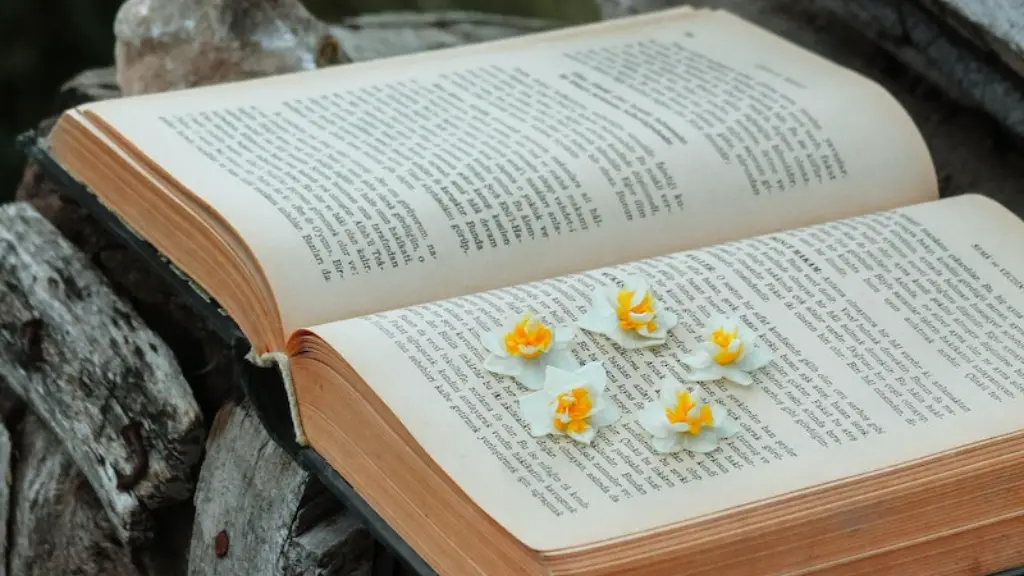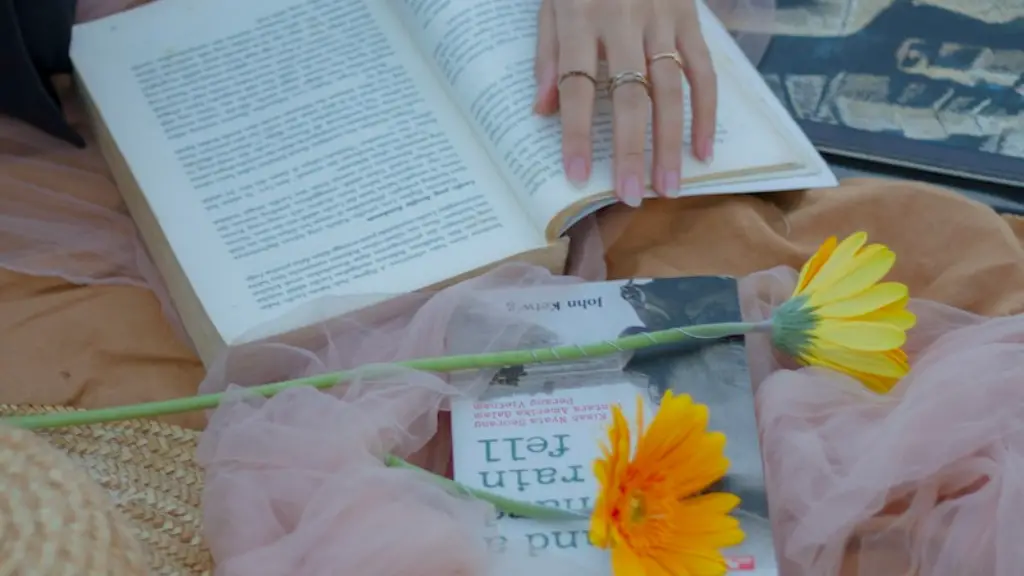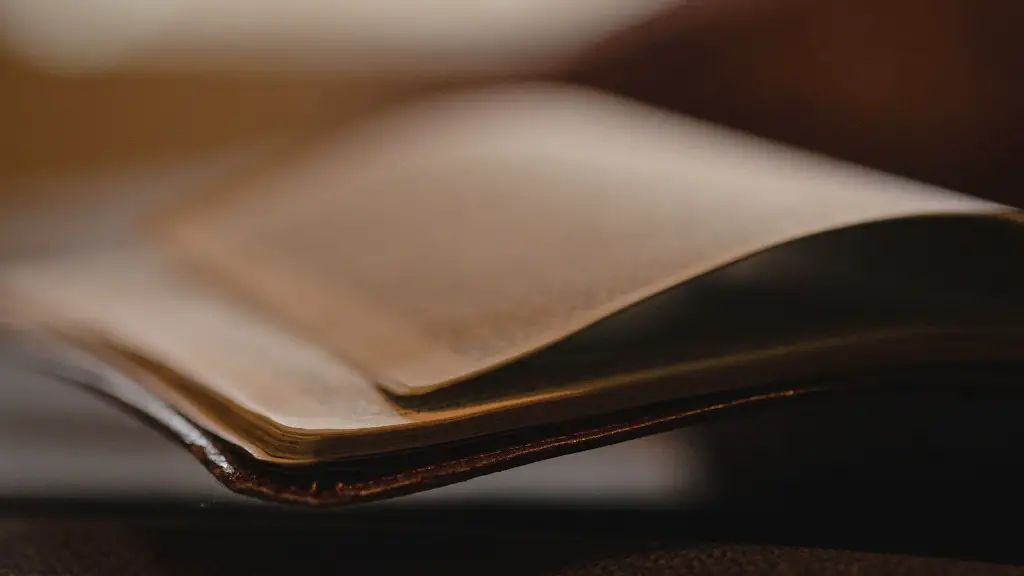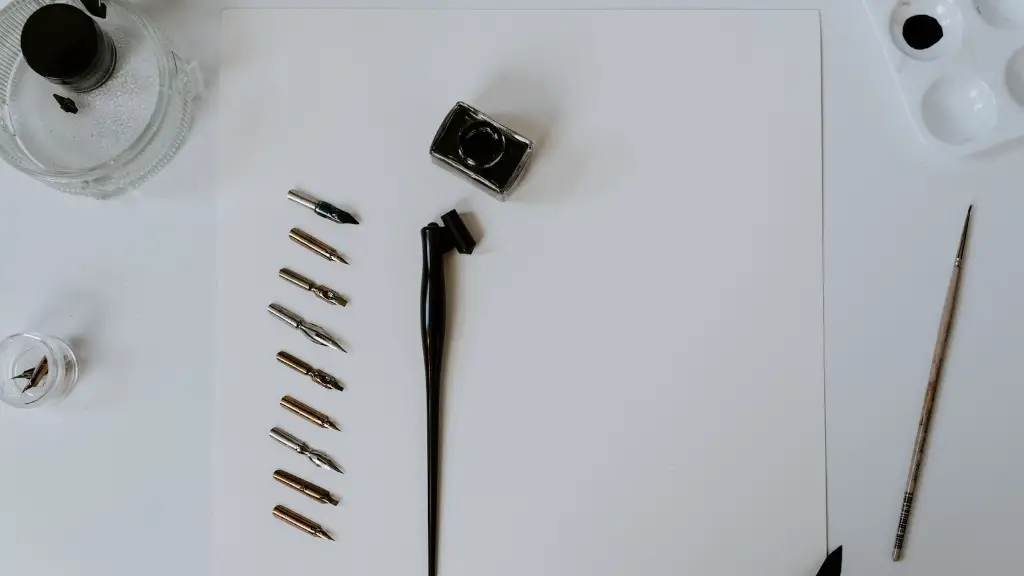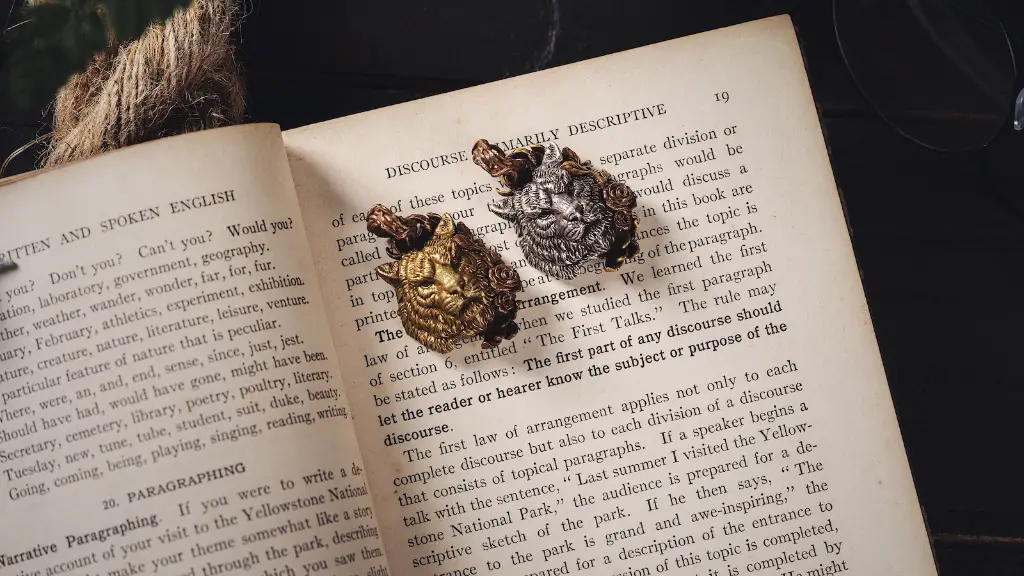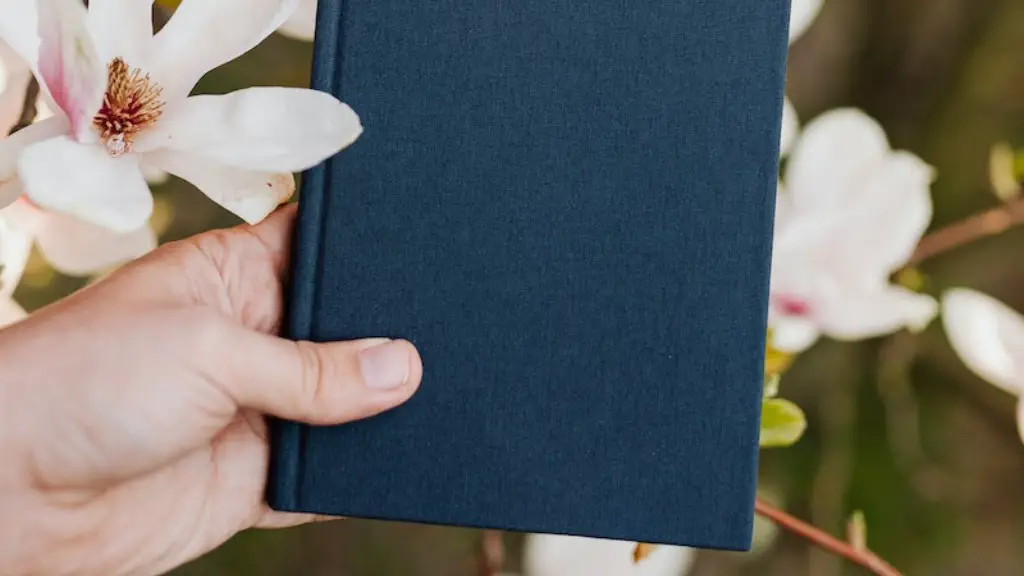Understanding The Basics Of Poetry Writing
For aspiring poets, the realm of poetry writing is both a mysterious and enthralling process. A skill that is perennially desired across all language generations, poetry writing is an art form that can transcend the everyday, speaking truth to power and boldly talking to unconventional topics. Through its strength of emotion and succinctness of expression, this form of writing can be highly moving and impactful.
With its inclusive nature, anyone can write poetry, regardless of age, background or education. All one needs is emotion, motivation and self-expression. Intertwining words and imagery, a skilful poet can astonish, shock, make their readers laugh, cry and think. The key to success? Mastering the basics.
Choosing A Theme
When it comes to poetry writing, themes are essential. Whether it be love, nature, war or loss, the theme will dictate the style, form and tone of the poem. It is important to remain focused on the chosen theme, following the narrative path and avoiding other subjects, as they will detract from the message.
Many poets tend to write the same themes over and over, mastering them and scoring great successes. However, it is often beneficial to diversify and explore different themes from time to time, as this can keep one’s writing interesting and dynamic.
Research & Imagery
Writing poetry does not rely on knowledge and research alone, but these aspects can be tools of unlocking potential. By researching the target theme, a writer can pick up key ideas and unique impressions to connect the dots. Reading up on history, nature, politics, etc. can provide a fountain of inspiration and enhance the overall quality of the work.
Moreover, imagery plays an important role in poetry writing, as it covers the gaps in between words and adds layers of meaning and understanding. By using vivid words, descriptive terms and abstract concepts, a poet can enrich the story and enhance the poem’s emotive capabilities.
Stylistic Devices
From metaphors to similes and dialect to hyperbole, stylistic devices are a poet’s weapons; used to create stylistic masterpieces. An opposition to the dryness of everyday life, these devices can enliven and electrify the written text, creating a dynamic and vibrant tone. Through the combination of many or just a few, stylistic device can make a piece unique and memorable.
It is important to have self-control when it comes to these tools, however, and use them sparingly. Too many can detract from the message and create unnecessary clutter in the poem.
Structuring & Editing
Structure and editing are instrumental in a successful poem. Many poets tend to write rushed and bulky drafts, believing their poetic flair and presence of mind can take care of the structure. After the initial penning, however, it is crucial to go back and edit, separating the wheat from the chaff to keep only what is essential.
Structure and form is also something to consider when composing a poem, as it can enhance its power and effect. Structural tools such as rhyme schemes and non-conventional forms can help make a poem stand out.
The Power Of Emotion
Emotion is at the core of poetry writing. Without the feelings of sadness, joy, love and pain, a poem would be nothing but words strung together. It is emotion that adds the power and emphatic presence to a poem, turning words and ideas into never-forgetting emotions.
However, a poet should not just rely on emotion in their writing, as this will blind their perspective and limit the power of their work. A balanced and constructive approach to the poem will yield a more meaningful outcome.
Learning From Others
Learning from others is key in any art form, especially poetry writing. By reading the works of world-renowned poets and seeking inspiration from them, one can broaden their horizons and pick up new tools for expression. Even better, many old poets can be studied for free from websites and libraries around the world, so there is no excuse for not studying the classics.
Moreover, the best way to learn about poetry writing is to write and edit one’s own work. Through the process of trial and error, making mistakes and experimenting with ideas, one can master their own poetic style and craft unique and powerful pieces.
Breaking The Chains
The beauty of poetry writing is that there are almost no rules and defined structures to follow. From haiku to prose and beyond, a poet can create exciting and bold pieces that break the chains of pretence and make a real statement. Writing with no limitations and creative flair will bring out true feelings and expressions, making the poem stand out and the writer proud.
By challenging norms and pushing boundaries, a poet can open up new avenues of poetry writing and unlock new realms of exploration. Simply relying on traditional methods will not lead to many groundbreaking works, so it is important to dare to push one’s limits from time to time.
Exploring New Tools & Platforms
In this age of technology, a great way to repupose one’s poetry and reach out to new audiences is through digital means. Whether it be starting a blog, using social media or creating video clips, there are many ways to get one’s poems seen and known.
Online websites such as Poetry.com and AllPoetry.com provide platforms for poets to upload their works, allowing the whole world to experience their poems and let them rise above this competitive world of writing. Using the power of the web, any poet can make a real difference.
Reflecting & Refining
Reflection is an important trait for any artist and poetry writing is no exception. Reflecting on one’s own work as well as on the works of fellow poets is a great way of improving one’s writing skills. By analysing pieces from different perspectives and noting unique aspects, any writer can become a better poet.
Of course, the refining part is equally important, as this is the actual process turning the work into a masterpiece. With the help of accurate and constructive feedback, one can make their poems lighter, more refined and emotionally heartfelt.
